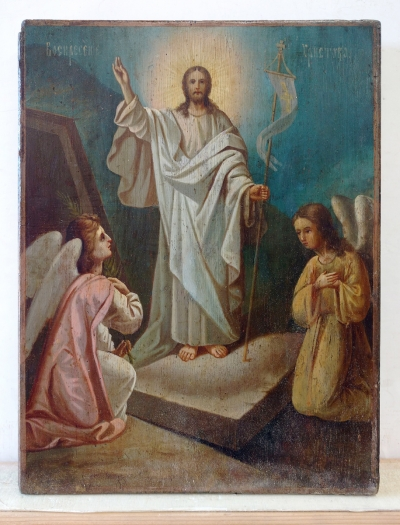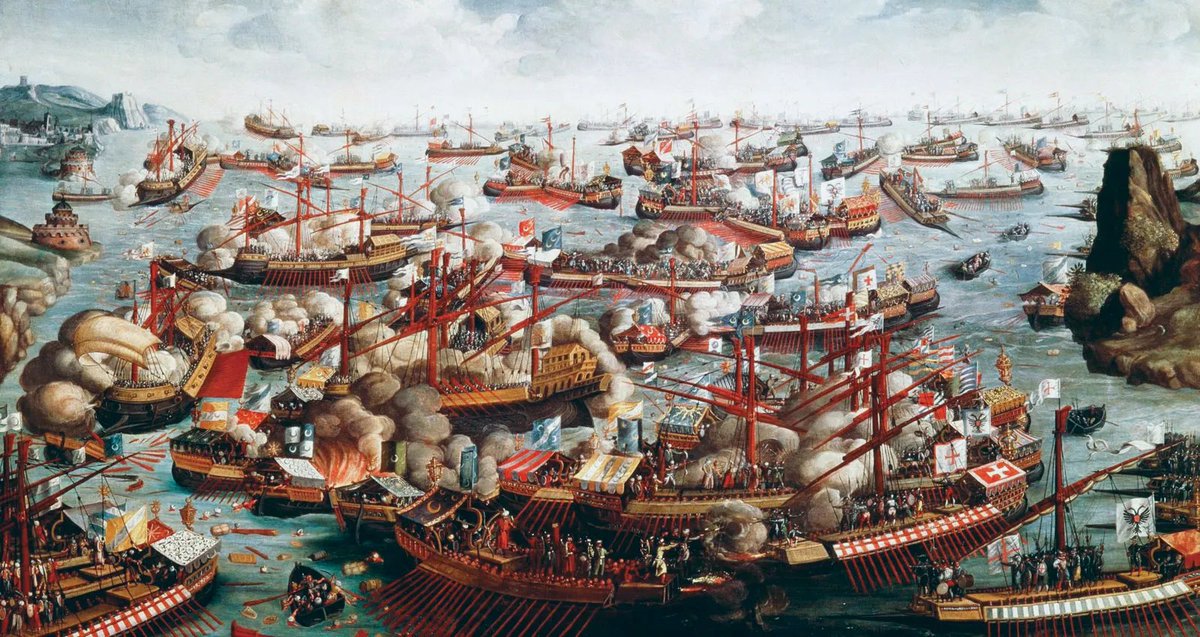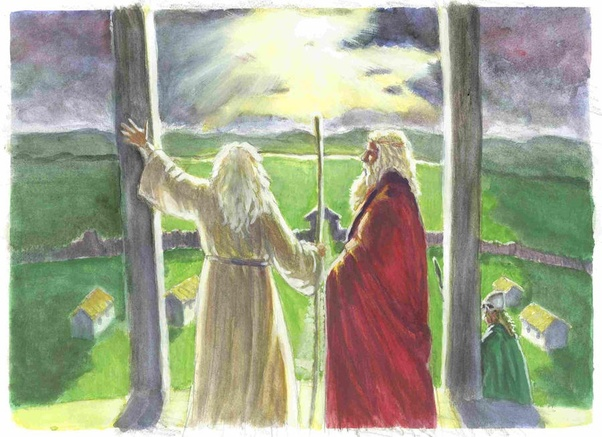Caritas as the Ideal in Tolkien's World 🧵
Christianity was the driving force behind Tolkien's worldview as shown in his writings, in particular in Lord of the Rings. Paul tells us in 1 Corinthians that the greatest of the Theological Virtues is love, or charity. Those societies that practiced it, were elevated over the others and presented as the good and free peoples. Those who rejected doing everything for love fell under the shadow. Let us examine these contrasting peoples.
Christianity was the driving force behind Tolkien's worldview as shown in his writings, in particular in Lord of the Rings. Paul tells us in 1 Corinthians that the greatest of the Theological Virtues is love, or charity. Those societies that practiced it, were elevated over the others and presented as the good and free peoples. Those who rejected doing everything for love fell under the shadow. Let us examine these contrasting peoples.

The Shirefolk
Perhaps the most obvious example is the Shire. Its inhabitants loved their homeland and did their utmost to pour everything they had into their homes, families, and country. From agriculture, to food, to recreation, the hobbits lived lives rooted in a wholistic love of the good earth.
Perhaps the most obvious example is the Shire. Its inhabitants loved their homeland and did their utmost to pour everything they had into their homes, families, and country. From agriculture, to food, to recreation, the hobbits lived lives rooted in a wholistic love of the good earth.

Isengard
By contrast, Isengard focused on mass production, destruction, and amassing power. Weaponry was manufactured at the expense of the neighboring forest, and violence was perpetrated against its neighbors. In the end nature itself rose against the vile actions of Isengard and deposed Saruman.
By contrast, Isengard focused on mass production, destruction, and amassing power. Weaponry was manufactured at the expense of the neighboring forest, and violence was perpetrated against its neighbors. In the end nature itself rose against the vile actions of Isengard and deposed Saruman.

Rohan
The Rohirrim are described as loving their horses as much as their kin. Due to the sprawling nature of their fields, it was important to have tightly knit communities in order to offer mutual protection. Though they had no written records, the people of Rohan loved their heritage and passed it on from generation to generation through songs and tales taught by word of mouth. This land developed into one representative of stout heartedness and grit. It should come as no wonder that they proved pivotal in the triumph of The War of the Ring as they gave of themselves selflessly.
The Rohirrim are described as loving their horses as much as their kin. Due to the sprawling nature of their fields, it was important to have tightly knit communities in order to offer mutual protection. Though they had no written records, the people of Rohan loved their heritage and passed it on from generation to generation through songs and tales taught by word of mouth. This land developed into one representative of stout heartedness and grit. It should come as no wonder that they proved pivotal in the triumph of The War of the Ring as they gave of themselves selflessly.

The Dunlendlings
In contrast with the Rohirrim, the Dunlendings embodied vice and a rejection of love. Taking every opportunity to hinder their equestrian neighbors, the Dunlendings were easily led astray by the lies of Saruman and waged war against Rohan. They were soundly defeated but treated mercifully by the riders. Hopefully, they learned their lesson in love through the beneveolence with which they were treated in defeat.
In contrast with the Rohirrim, the Dunlendings embodied vice and a rejection of love. Taking every opportunity to hinder their equestrian neighbors, the Dunlendings were easily led astray by the lies of Saruman and waged war against Rohan. They were soundly defeated but treated mercifully by the riders. Hopefully, they learned their lesson in love through the beneveolence with which they were treated in defeat.

Gondor, Legacy of the Numenorians
Gondor is presented as one of the high cultures in learning, technology, and art. Its citizens took great pride in the virtues their nation was built upon as well as their responsibility to uphold order and balance in the West. Their civilization reached tremendous heights through love of nature and celebration of life. During their decline, it was a return to these loving principles which enabled them to rise above the threat of Mordor.
Gondor is presented as one of the high cultures in learning, technology, and art. Its citizens took great pride in the virtues their nation was built upon as well as their responsibility to uphold order and balance in the West. Their civilization reached tremendous heights through love of nature and celebration of life. During their decline, it was a return to these loving principles which enabled them to rise above the threat of Mordor.

The Men of Harad
Opposed to the principles of Gondor were the Haradrim. They imposed their will on nature as shown by their cruel treatment of the magnificent oliphants. Their focus was on intimidation and violence as described in their affinity for war culture and elevation of the serpent banner. They did the bidding of Sauron and killed indiscriminately at his order. This barbaric behavior led to their demise in the War of the Ring.
Opposed to the principles of Gondor were the Haradrim. They imposed their will on nature as shown by their cruel treatment of the magnificent oliphants. Their focus was on intimidation and violence as described in their affinity for war culture and elevation of the serpent banner. They did the bidding of Sauron and killed indiscriminately at his order. This barbaric behavior led to their demise in the War of the Ring.

Love and Truth as the Only Sustainable Path
Through his writings, Tolkien demonstrated the age old truth that evil destroys itself. It is only through love and order that society has any chance of continuing down a good path. We can see this demonstrated by the fates of the different peoples described. Their ultimate victory or defeat is determined by their virtue. Love serves as the catalyst for doing what is needed to secure victory in the face of seemingly hopeless conflicts. May we keep this in mind as we toil through life and must choose between love or vice.
Through his writings, Tolkien demonstrated the age old truth that evil destroys itself. It is only through love and order that society has any chance of continuing down a good path. We can see this demonstrated by the fates of the different peoples described. Their ultimate victory or defeat is determined by their virtue. Love serves as the catalyst for doing what is needed to secure victory in the face of seemingly hopeless conflicts. May we keep this in mind as we toil through life and must choose between love or vice.

• • •
Missing some Tweet in this thread? You can try to
force a refresh






















